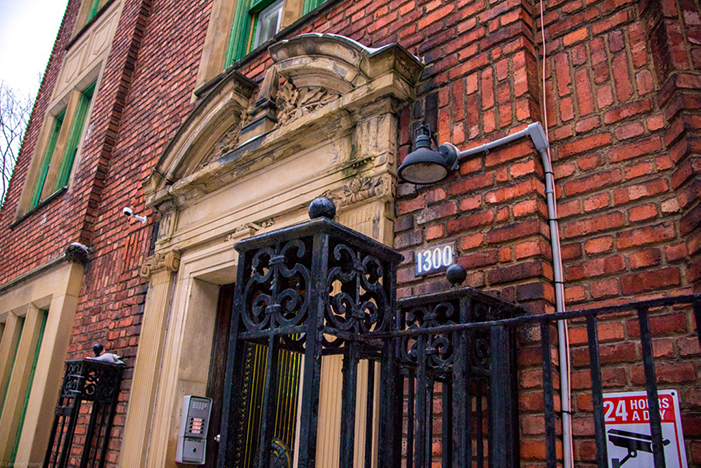McGill student renters living in a Golden Square Mile apartment building managed by the WerkLiv Group, a multi-disciplinary real-estate shop, claim to have been misled by their landlord about the estimated cost of Hydro bills.
Rénée, an Arts student at McGill University, and her four roommates’ Hydro-Quebec bill for November and December 2017 exceeded $400, while her January and February bill is on track to reach $640. Both charges are higher than what she was expecting, according to estimates her landlord gave her prior to signing the lease.
“Our Hydro bill had remained around $150 [bimonthly] until December, when it reached $470,” Rénée said. “We do not take long showers [and] are super careful with our heating and everything, so we were confused as to why it was so high.”
Rénée was particularly concerned about being caught unaware because her building, called “The Greenhouse,” caters to McGill students, and the building’s staff are alumni. Renée explained that even when averaged out over the year, the electricity cost exceeded the estimate her landlord provided her.
“[WerkLiv] gave us this whole story about how the founder felt bad for students who get tricked by these landlords, and I thought ‘That’s so good. It’s my first time living on my own,’” Rénée said.
However, when Rénée contacted WerkLiv about the discrepancy, her building manager replied that when the suite’s winter and summer electricity bills were averaged out, she and her roommates were still paying significantly below the Montreal average on a per-person basis. According to WerkLiv President and McGill alumnus Daniel Tordjman Goodfellow, WerkLiv cites prices from Hydro-Quebec’s estimator tool to prospective residents if they request them. He recommended setting up an equal payment plan on a yearly basis to better see the winter and summer bills average out.
Goodfellow explained that high bills result from cold weather, poor insulation, and a lack of representative data on new buildings.
WerkLiv keeps records of their buildings’ electricity consumption and works to improve their heat efficiency. In October 2017, the group ran a free, opt-in window resealing program for tenants in Rénée’s building. Just over half of the suites, including Rénée’s, were redone. But according to Goodfellow, tenants should pay more attention to their personal power usage.
“Education is a big element,” Goodfellow said. “A lot of people don’t realise where the heat and energy is going [….] If they each take 20-minute showers everyday, […] it’s a lot more energy to heat up the water tank than to heat up the apartment.”
After being renovated in 2015, The Greenhouse, located at 1300 Avenue des Pins O, went to market in 2016. The mild winter that year meant that the historically low temperatures during the 2017–2018 cold snap was the building’s first real-world stress test.
“[A] lot of the concerns that we are experiencing today, we’re living them for the first time,” Tordjman Goodfellow wrote in an email to The McGill Tribune.
In early 2017, Hydro-Quebec admitted to overcharging its clients for years. The company maintains that its profits increased due to reduced expenses, while the Quebec government claims that the profits were reinvested through the financing of public services.
Not all cases of unexpectedly high bills come from miscommunication. According to Amanda Arella, director of communications for the Legal Information Clinic at McGill (LICM), landlords often knowingly provide misleading information to prospective tenants.
“The number of predatory landlords in this area is quite high,” Arella said. “Most problems are because students are not informed of their rights and obligations as tenants. Twenty-five per cent of the issues we see are residential lease disputes.”
As Arella explained, contract law takes context into account. It requires that parties act in good faith and give free and enlightened consent. For tenants who feel they were misled by their landlords, she recommends seeking guidance from the LICM and, if necessary, filing a case with the Régie du logement, Quebec’s rental housing tribunal.
*Name changed at the request of the student.








